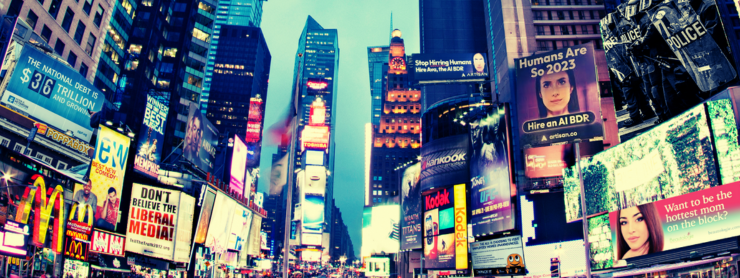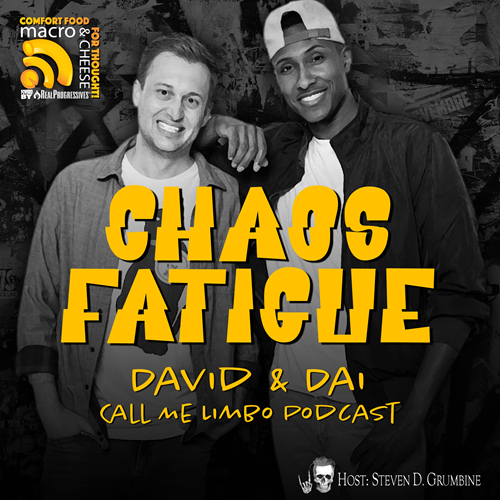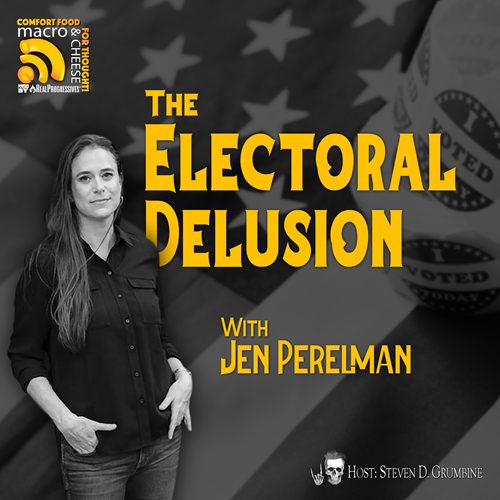Prep time: 2 minutes
Yield: 1 sandwich
Ingredients:
- 1 loaf French bread, sliced in half
- Mayonnaise or ranch dressing
- 6 oz cooked meat (I recommend fried shrimp)
- 2 slices American cheese
- Shredded lettuce
- Tomato slices
- Pickles
Spread the mayo or ranch dressing on both halves of the bread, then place the meat on the bottom half, followed by the cheese. Pile on the vegetables and top with the other half of the bread.
___________________________
That’s the recipe for a dressed po’boy sandwich – a quick yet filling meal that’s perfect for lunch. It’s a great way to use leftovers. Notice there’s no “skip to recipe” button needed – just a list of ingredients followed by instructions. In other words, a recipe. If I can put the cooking procedure first, why do we always need to read a dissertation just to get a simple recipe?
Online food blogs don’t approach it this way. They usually start with some kind of personal story (how I discovered this dish; why my family loves this dish; favorite ways of eating this dish), then a brief explanation of each ingredient.
Search engines respond to buzzwords like “shrimp” and “sandwich.” And it’s easier to copyright a story and specific technique than it is to just copyright a list of ingredients. This explains why every recipe needs an essay, but the real driving force behind bloated internet recipes is ad revenue. The more you scroll, the more ads they expose you to, and the more money they make. Attention is currency in the age of advertisements. Showing up in searches and copyrighting our work doesn’t matter if there isn’t any money being made.
Commercials have infected every single online space we view, unless we’re paying a subscription fee. Wherever we go – the movies, shopping, sporting events – we are bombarded with advertisements. Even if we’re going somewhere commercial-free, the radio on the way there is trying to sell us something. And it works; businesses wouldn’t spend so much money for no reason. When media reaches large numbers of people, it influences society. Maybe you won’t go out and buy a product, but seeing an advertisement for a brand legitimizes that brand. Groups with access to large amounts of money have the power to influence society. This is power the average worker will never have. Abstract power like this helps give the capitalist class its strength.
Collecting money off property one owns gives an individual privilege over people who must sell their labor to make money. Marxists use the term bourgeoisie to describe this private property-owning class. We don’t use this jargon for fun; we do it because it’s important to distinguish the abstract political and societal power that comes with the privilege of owning private property.
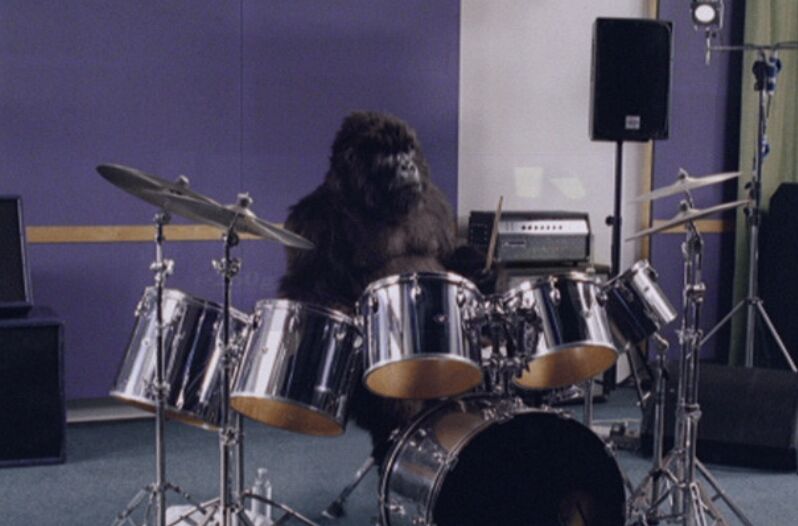
Being able to occupy space in people’s minds is an astonishing thing. Useless knowledge about the “Betty Crocker Bake’n Fill” will forever live rent-free in my brain. Whenever anybody says the words “Old Spice,” I can hear whistling in my head. When In the Air Tonight by Phil Collins plays, I can’t help but imagine a gorilla playing the drums. Commercials have dominated media our entire lives and are always there trying to squeeze everything they can out of us. The bourgeoisie don’t just control media; they use it against us. They use all the influence they have to suck wealth away from the working class.
All value is derived from labor. Raw materials aren’t worth much until they are gathered and prepared. There are plenty of shrimp in the sea, but no one can eat them until they are caught. There’s plenty of wheat but refining it into flour is tedious and time-consuming. The ingredients themselves do not make a meal. You need to coat the shrimp in seasoning, then drench them in flour and fry them in oil for a few minutes – I throw in diced onion and red pepper for some extra pizzazz. A po’boy only has value once its fixins have been assembled. We generate value every time we do something socially necessary. Anytime we cook a meal or make art, we’ve generated value.
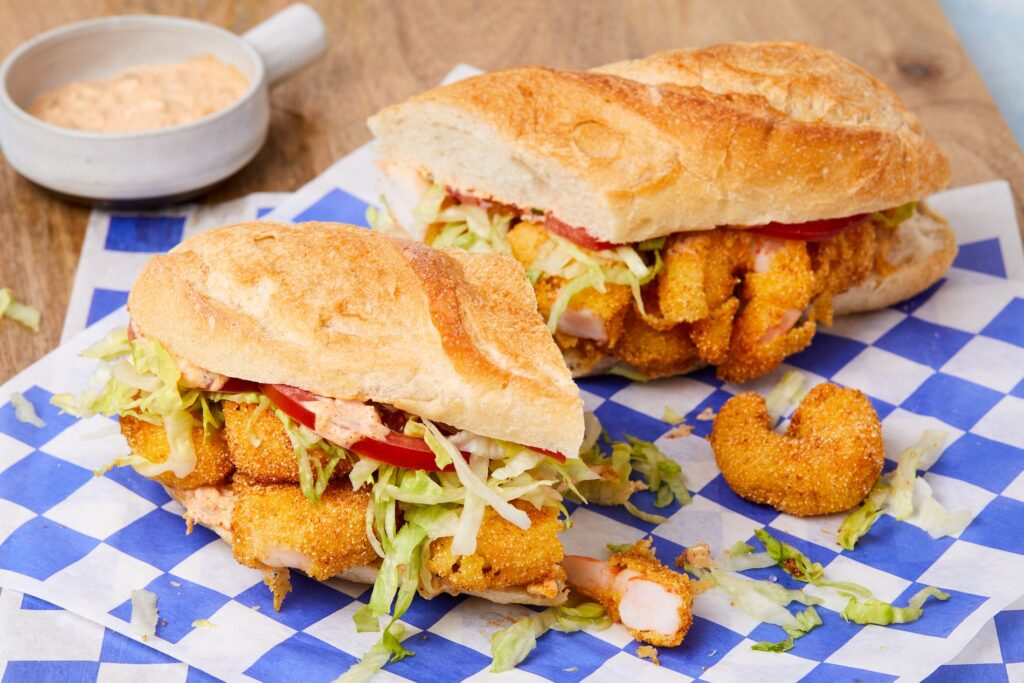
All the capital in capitalism was created through labor. Not only are we the driving force behind history, but we will also outlast the bourgeoisie. This historical significance is why we Marxists call the working class the proletariat. The latter includes the abstract force that comes with generating society’s value. This is why labor strikes hurt the bourgeoisie: because they need our labor. The bourgeoisie need us, but we don’t need them. The most powerful thing we can do as workers is withhold our labor. Union organizer Big Bill Haywood understood this; as he put it: “If the workers are organized, all they have to do is put their hands in their pockets and they’ve got the capitalist class whipped.”
The po’boy sandwich gained popularity during a 1929 boxcar strike. Sympathetic cooks would fill some bread with whatever cheap ingredients they could afford to give away. When a union striker would order, the cashier would tell the cooks, “Here comes another poor boy,” so they would know to load up the sandwich. Then they’d write “Po’boy” on the order. Those po’boy sandwiches might be the only thing those striking workers ate that day, the cooks knew how badly those strikers needed a meal and they were happy to help. That level of working class solidarity is what we need today.
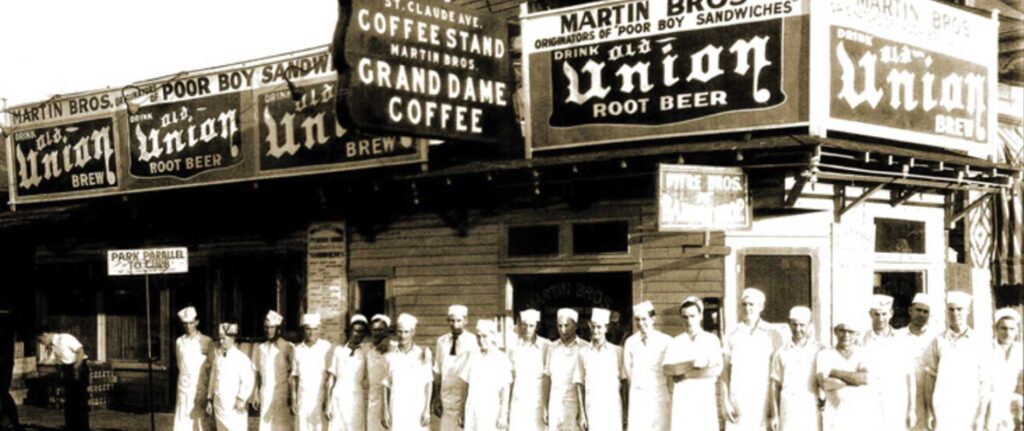
Class solidarity is something we see all the time, but usually, we see bourgeois class solidarity. Bourgeois media, be it fiction or news, tends to reward those who reinforce the status quo while delegitimizing any voices calling for change. Even when their influence as individual brands is limited, their collective influence as a class gives them strength. Commercials are the bourgeoisie promoting its own interests. They exist to reinforce the convention that proletariat solidarity shouldn’t exist.
Proletariat solidarity is why we have the advantages we have today. Eight-hour workdays and five-day workweeks became the norm after union strikes gave the working class bargaining power. Employee health care and paid time off exist only as long as workers fight to maintain those privileges. The bourgeoisie would rather have us work every day with no benefits and little pay, but they don’t because they fear proletariat organization.
The bourgeoisie constantly exert control over the proletariat. While at work, they dictate where we go, what we wear, and for how long. When we’re not working, they interrupt our free time to manipulate our spending habits and even our thoughts. Advertisements don’t exist just to make money; they exist to influence society. Any time we aren’t fighting for ourselves, we are losing. There are plenty of ways to fight back: educating yourself is the first step. Knowledge is power, and it is power we need to make changes in society. Organizing with like-minded people – whether politically-minded or just coworkers – is another. And class solidarity? This is the easiest one for sure. Don’t cross the picket line when there’s a labor dispute. And if you have the opportunity, give a striking worker a sandwich.


